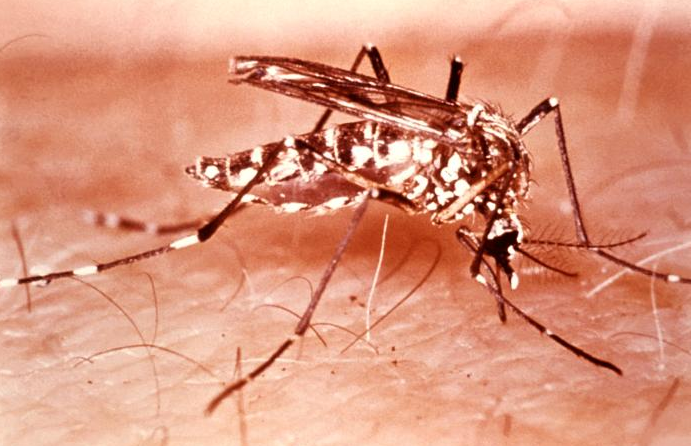Health officials in Oman are reporting at least three locally acquired dengue fever cases, prompting them to step up surveillance.

Dr Said al Mukhaini, head, Malaria Epidemiology and Vector-borne diseases section, in the Ministry of Health (MoH) said to the Muscat Daily that 33 dengue cases were reported this year. “Of 33 cases, 30 were imported. Three contracted the virus locally and because of this, we have to be more concerned.”
Dr Mukhaini said this is the first time that such a case has been reported in Muscat [in Seeb] and MoH has stepped up surveillance to tackle any potential surge in cases.
ISNTD calls for World Dengue Day: Sign the petition
“Our team is investigating. A survey is being conducted through random visit of houses in Seeb. We are implementing preventive measures to control the spread. So, we seek cooperation from public in this regard.”
Dengue fever is an infectious disease carried by mosquitoes and caused by any of four related dengue viruses. This disease used to be called “break-bone fever” because it sometimes causes severe joint and muscle pain that feels like bones are breaking.

People get the dengue virus from the bite of an infected Aedes mosquito. It is not contagious from person to person.
There are three types of dengue fever in order of less severe to most: the typical uncomplicated dengue fever, dengue hemorrhagic fever (DHS) and dengue shock syndrome (DSS).
- Syphilis transmitted through semen?
- Infectious disease news: Top 5 posts for the week Dec. 8- Dec. 14
- Zika in Rajasthan, India prompts CDC travel notice
- Artemisia tea infusions used in the treatment of Schistosomiasis: A look at the study
- HIV: Experimental vaccine protects rhesus macaques from infection
- Philippines report increase in dengue in 2018
- Saudi Arabia reports 2nd MERS case of December
- FDA narrows source of tainted romaine, 7 added to outbreak total


